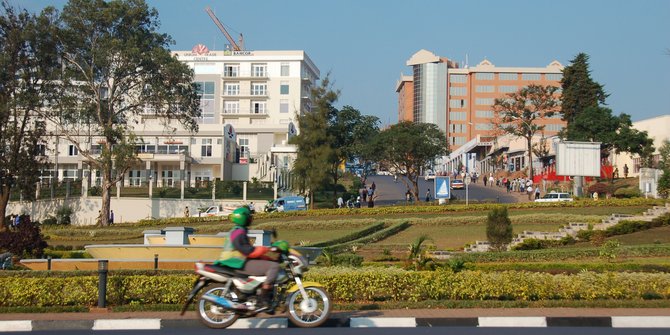Stories
Public Private Dialogues: Rwanda towards ‘Vision 2020’
In October 2012, the Rwandan government launched the Public Private Dialogue (PPD) mechanism to enable the government and the private sector to jointly discuss key business and private sector constraints and find solutions that would lead to their resolution.
Situation
In October 2012, the Rwandan government launched the Public Private Dialogue (PPD) mechanism to enable the government and the private sector to jointly discuss key business and private sector constraints and find solutions that would lead to their resolution. The Public Sector Forum (PSF) and the Rwanda Development Board (RDB) formed a secretariat to implement the PPD mechanism. Both the PSF and RDB partnered with GIZ’s Eco-Emploi programme, which is part of the focal area “Sustainable Economic Development” of the Rwandan-German Development Cooperation.
Approach
The Collective Leadership Institute (CLI) was engaged by the GIZ Eco-Emploi Programme to support the PPD Secretariat in the development of a roadmap for successful implementation of Rwanda’s PPDs at national level and to finalize the concept of a district level PPD, and support its implementation.
Through the application of the CLI’s Dialogic Change Model (DCM) actors in the Secretariat and at District level have been capacitated in multi-stakeholder collaboration processes. The DCM is a results-orientated, structured planning and implementation tool that takes all the demands and requirements of a stakeholder collaboration process into account and ensuring effective implementation.
Since February 2013, PPD has been introduced in a group of 5 pilot districts and then later rolled out to the remaining 25 districts in Rwanda. Seven local Rwandan consultants and approximately 120 local ‘champions’ support RPPD Secretariat to the implement stakeholder dialogues at district level.
The focus of the dialogues have ranged from consultation on the setting of local taxes, local regulations that impede business activities, support for women in business, delayed payments for services rendered and goods supplied, land titles and security.
The District PPD has a strong focus on women in business ensuring that dialogues are convened to address the particular challenges faced by business women with the support of trained local woman ‘champions’.
By the same token, the District PPD has worked closely with the National Union of Disabilities’ Organizations of Rwanda (NUDOR) and the National Council of Persons with Disabilities (NCPD) to identify ‘champions’ to be trained and facilitate stakeholder dialogue at District level that focus specifically on business issues facing people living with disabilities.
Transformation
Over the period of two years, 47 dialogues have been held between the local businesses and district level officials. By focusing on so-called ‘quick wins’ in the beginning, the parties developed confidence in their ability to reach agreements through dialogue. Stakeholder dialogues are held regularly and some district officials point the dialogues with the local businesses as evidence on how they are supporting the development of private sector.
The image in this story is property of Dylan Walters.









0 Comments